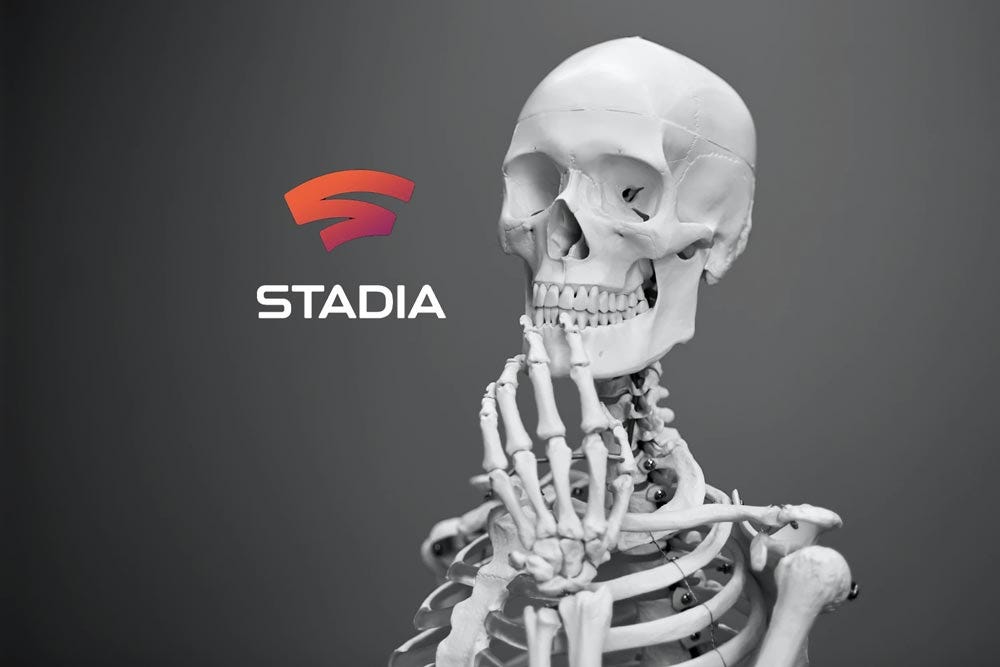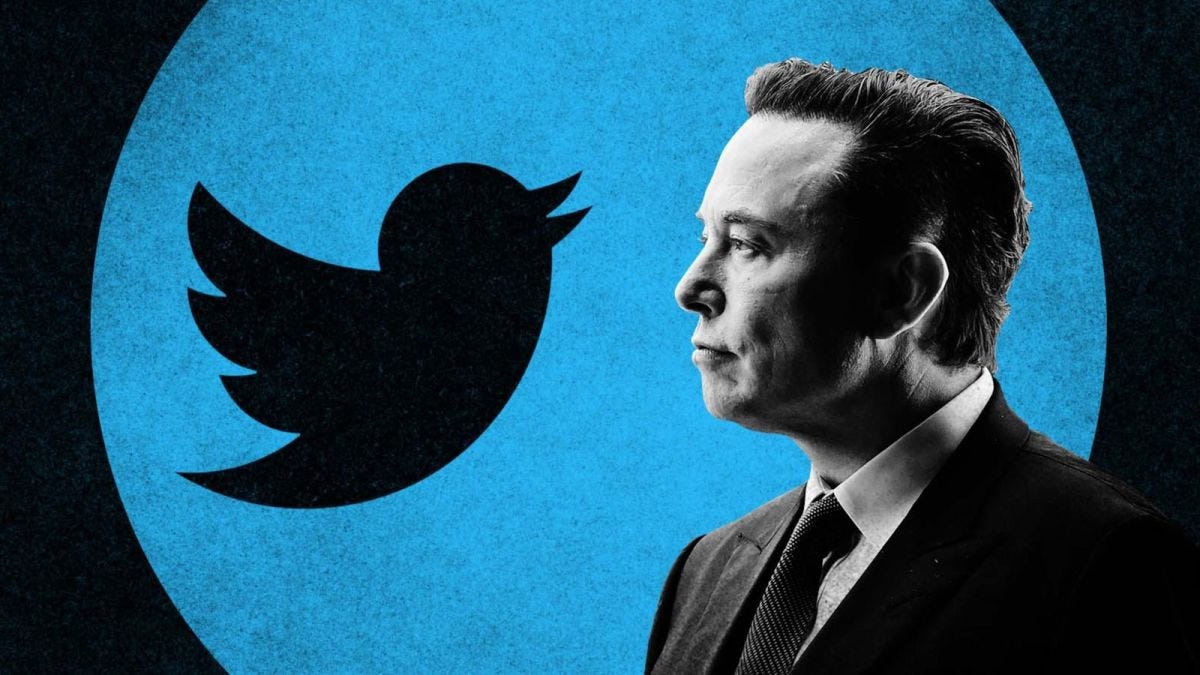One machine can do the work of fifty ordinary men. No machine can do the work of one extraordinary man. - Elbert Hubbard
In the anime Sword Art Online, a state-of-the-art VR headset called Nerve Gear was supposed to be released in the year 2022. Sword Art Online is the immersive MMORPG VR experience that allows in-app social media connections. The Nerve Gear accurately estimates the player's height and matched the body movements of the player to feel natural when they moved around. The players had access to weapons and special skills only accessible in that virtual world. The player can join guilds that allow them to team up with other players before going on adventures. Standard stuff, but with one sinister twist, if the player dies in the game, he dies in real life.
Last week was a busy week in the world of technology, I was breaking my brain trying to figure out which topic to focus on. Therefore, I’ll do them all, like an article sampler dish. BoneLab VR was released last week Thursday as one of the most highly anticipated VR releases this year. The game has full body tracking and allows users to interact in a fully explorable world. This game provides the kind of experience that I expected all metaverse experiences to provide. BoneLab also comes with an SDK that encourages modding. Players can create customized stages and import custom avatars that fit within the BoneLab physics system. I highly recommend trying out this game.
The next topic is Google will shut down Stadia. It’s always a surprise to me when a Google product fails because, “How?” Google has the largest mailing list in the world. They should be able to sell a ham sandwich and make $10 billion, easy. The premise behind Stadia was that it would put an end to the console wars. Instead of a gamer having to juggle multiple consoles to access their favorite games, they could simply open their browser and access any game they wanted. The concept sounded bulletproof when I first heard about it in 2019. It was Netflix for video games. Except with Netflix, the subscription covered all the content on the app. Stadia wanted to charge the full price per every game that was played. Which to most gamers completely defeated the purpose. If Stadia charges the same full price as their PlayStation counterpart, then why switch to Stadia? Couple that with the fact that most players had trouble streaming the games they were playing. What surprised me about how Google handled Stadia was how rigid they were. If a start-up pioneered the same technology, they wouldn’t start with big AAA games. They would start with small indie games and then perfect the technology on a small scale before they scaled up. The benefits of starting small would give them the advantage of receiving feedback from their community and adjusting along the way. Google Stadia just started too big, too fast. They didn’t make the needed adjustments along the way to succeed. In this case, Google was too big to succeed. I wonder what they would sell Stadia to me for? I can think of a few uses.
Elon Musk bought Twitter. This Twitter deal has been a weird rollercoaster of emotions. First Elon was aggressively buying stock in Twitter to force a hostile takeover then he backed off, then he got sued, and now he’s buying it again? I’m so dizzy, just thinking about the circle he’s running around. Some people are excited, and some people are terrified. Could Elon transform Twitter into Space X or will he leave a giant hole in the ground that goes nowhere like Boring Company? Let’s not pretend Elon only has Wins under his belt. In a recent tweet, Elon said that buying Twitter gets him closer to creating X - the everything company. Doesn’t that defeat the purpose of Twitter? If he turns Twitter into a company about everything, doesn’t that make it Amazon? Can Twitter be a better Amazon than Amazon? How much can you change Twitter before it’s no longer Twitter but something else entirely?
Meta Quest 2 has competition in the form of the Pico 4. This is great news because regardless of how we love or hate Meta, it’s not healthy for VR that it dominates 90% of the market. There won’t be any innovation or opportunities for the VR market to grow beyond Meta’s market share. Pico is a VR hardware company mostly based in Europe. The Pico 4 is the first international release it’s VR headset. It has pancake lenses, which mean that it provide optical quality in a compact size. I’m always complaining about how VR headsets are too damn big, and the Pico 4 comes in comfortable size from what I’ve seen in the unboxing videos.
Subscribe to Medallion XLN as we are building the next generation of technology using XR, Blockchain, AI, and the power of decentralization to reclaim our digital sovereignty.










Which of these stories are you excited about?